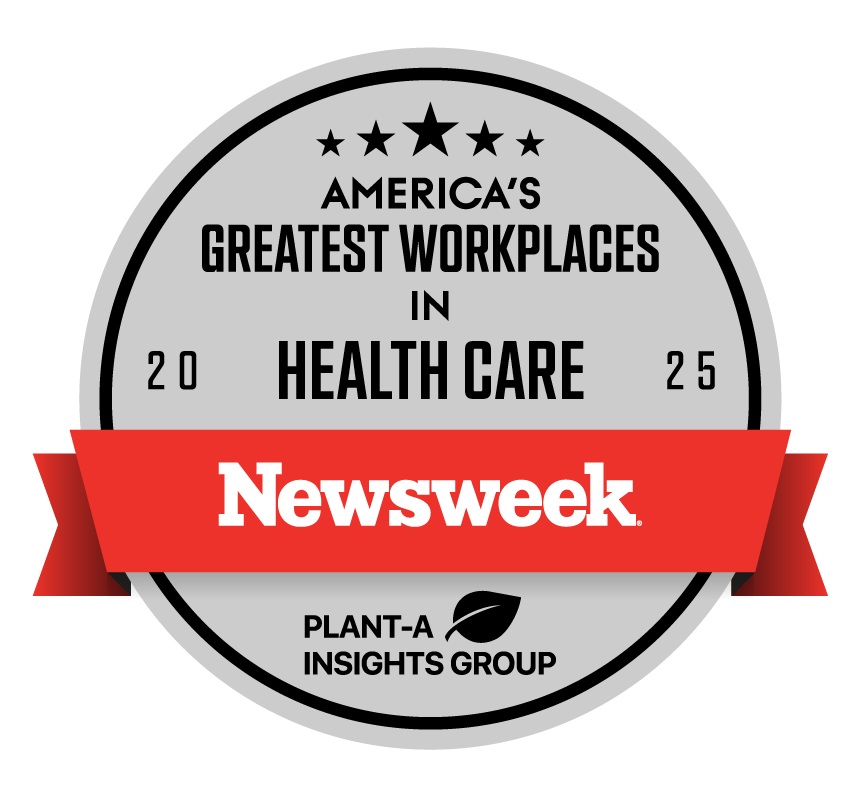Oftentimes on our blog, we talk about life before recovery from drug or alcohol addiction, what to expect when entering treatment, how to find the right facility, etc. But post-treatment life is equally as important and can be just as confusing to navigate. It’s easy to stay on track and in a routine inside the walls of a treatment center, but once discharged, it’s all up to you to stay on the road to long-term recovery.
Whether you have just finished treatment, or you’ve been out for a short while and are struggling, here are a few tips to help maintain your sobriety.
Have an Aftercare Plan
The missing puzzle piece for many people leaving treatment is that they don’t have a plan for when they leave. At Spectrum Health Systems and New England Recovery Center, we begin working on your aftercare plan as soon as you come through our doors. This is important for many reasons – we want to make sure you have a safe place to live; we want to make sure you have a job or job prospects; and we want to encourage you to keep going with your new normal.
Take Advantage of Transitional Support Services
In your aftercare plan, we’ll establish whether you will return to your home immediately or spend some time in transitional housing (otherwise known as a sober home). We work with a vast network of sober homes all over Massachusetts and staff who can help transition you from treatment and back into the real world. Many people move into sober homes while they work on finding a job and getting back on their feet.
Additionally, peer recovery centers continue to grow in popularity for people seeking a welcoming and understanding community. Peer recovery centers provide a sense of belonging for members, who go there to make connections with other people in recovery. Oftentimes, people find acceptance and healthy advice from people who have been in their shoes. At our peer recovery centers, located in Worcester, Lawrence, and Marlborough, members take field trips, volunteer locally, provide educational opportunities and more.
Continue Treatment in An Outpatient Setting
Treatment doesn’t have to end when you leave an inpatient facility and many people continue to receive treatment in outpatient programs. This form of therapy allows you to live in the community while remaining engaged in ongoing treatment, including medication-assisted treatment if needed. Lots of clients hold down jobs and take care of their families while visiting their local outpatient treatment center.
Stay Realistic About Your Goals
Even after completing treatment for a substance use disorder, you may still struggle with unhealthy coping mechanisms, have difficulty staying away from harmful people, or find yourself teetering on the edge of a relapse. Whether you were in treatment for two weeks or six months, you aren’t entirely cured once you’re discharged. In fact, like other chronic illnesses, it’s something you will have to work on for the rest of your life.
After going through treatment, however, you will have established a foundation for long-term recovery. Your clinical staff has taught you healthy coping mechanisms, helped you establish a daily routine, and encouraged you to find productive uses for your time. You may not feel so great every single day but keep the lessons you learned in treatment top-of-mind and push yourself to stay on track.
When you were in treatment, your goal was making it through that short-term period. Now that you’re out or soon to be discharged, your goal is focusing on the long-term. You now have the foundation for healthy behaviors and you’re much stronger than you were before. Recovery is a lifelong commitment with many ups and downs. Over time, your recovery will become stronger and stronger, making for a better, happier, stable and healthier life.
If you or a loved one is struggling with an alcohol or other drug addiction, call Spectrum Health Systems today at 1-877-MyRehab.



